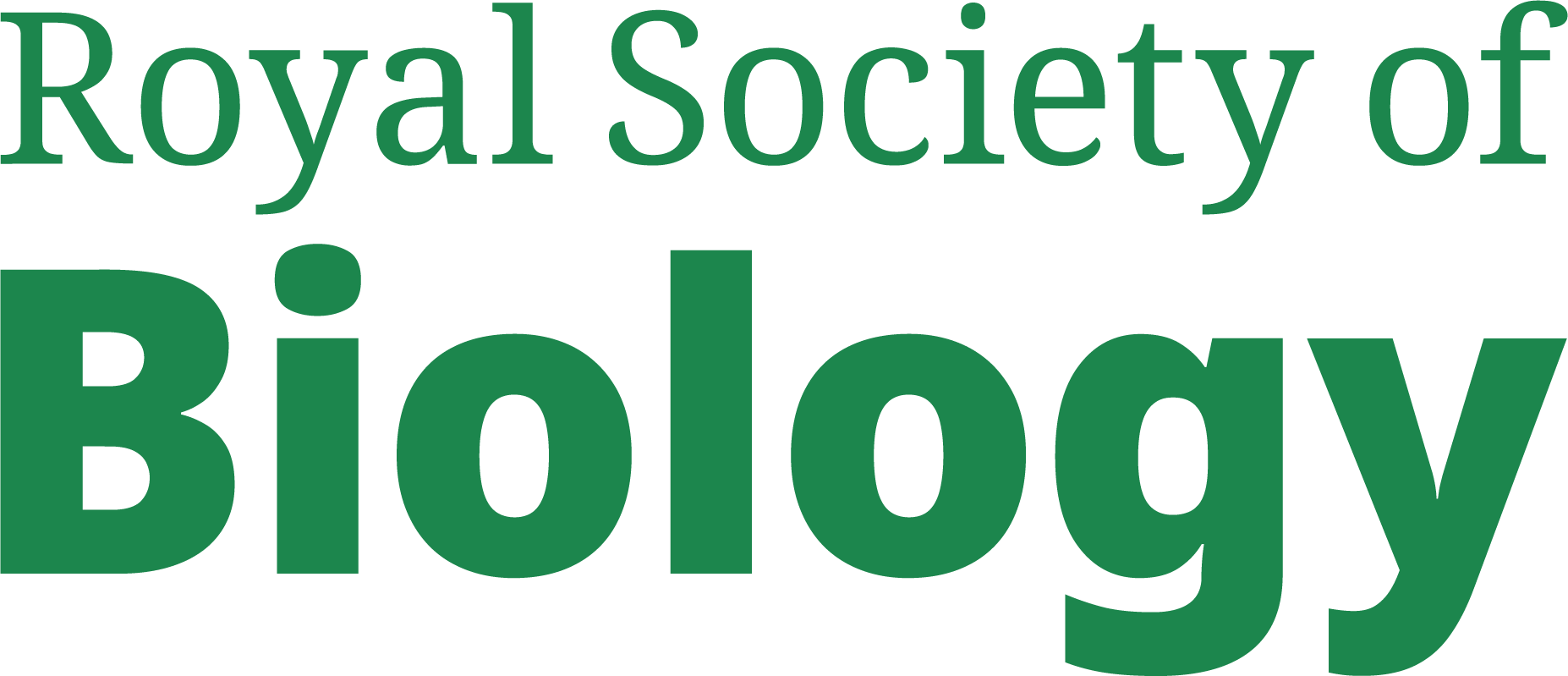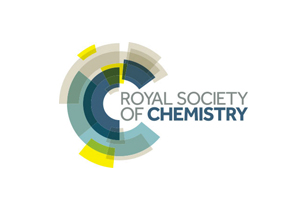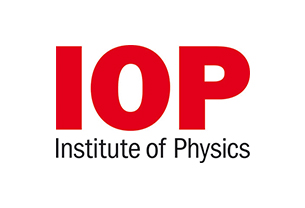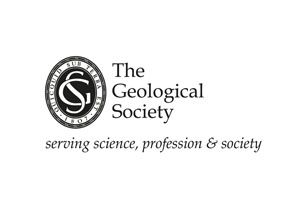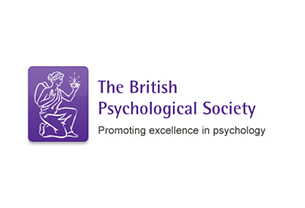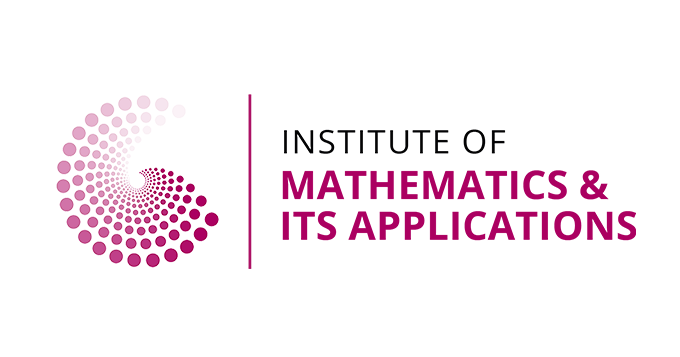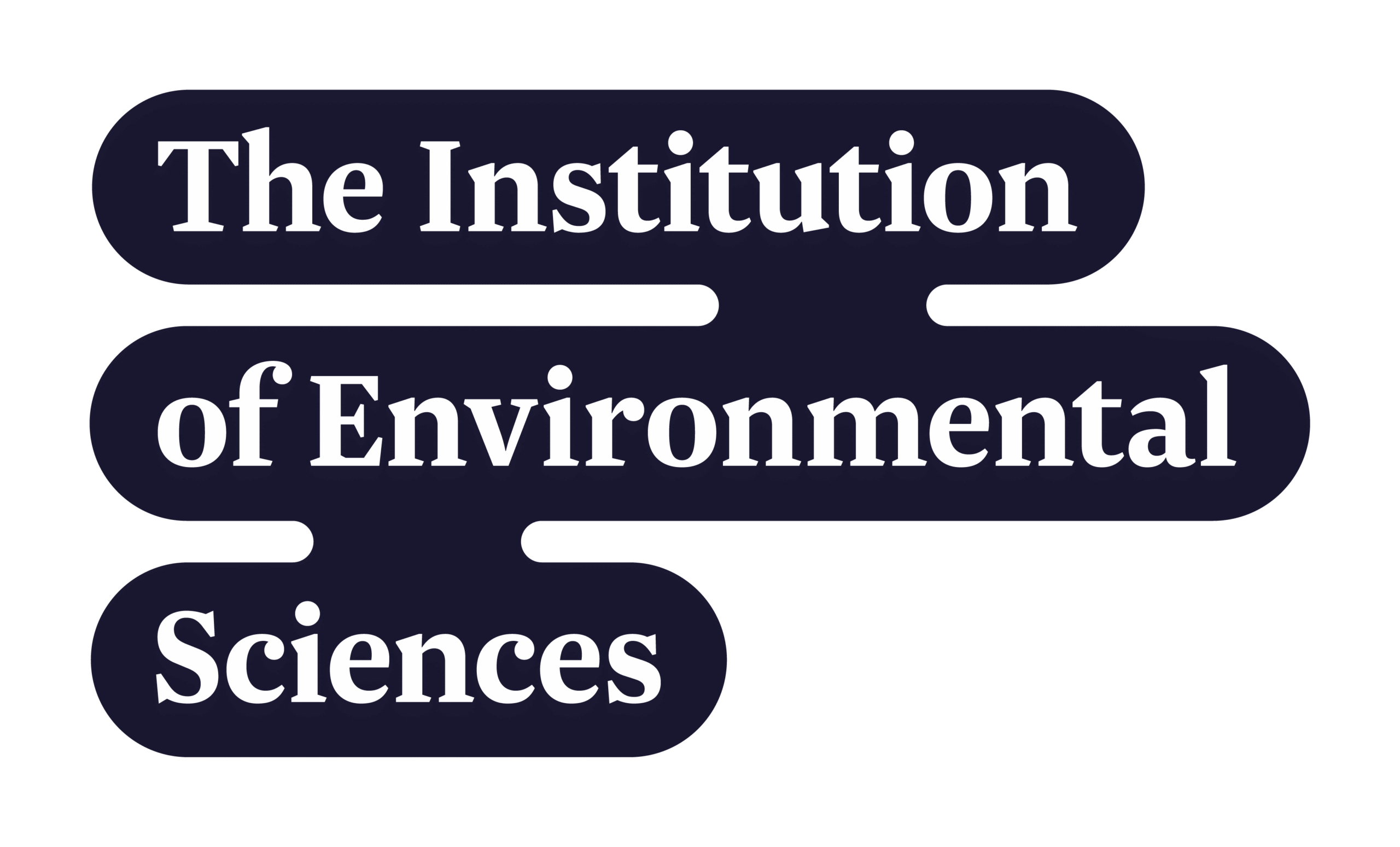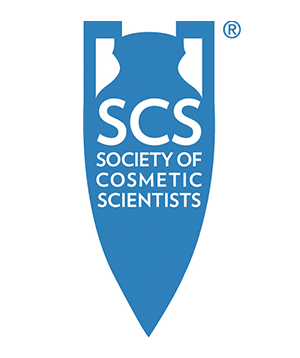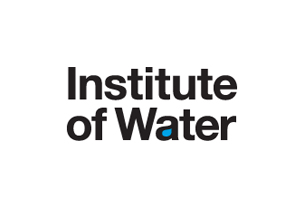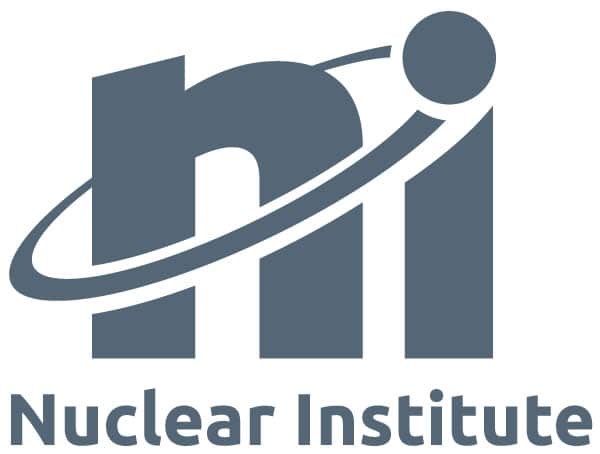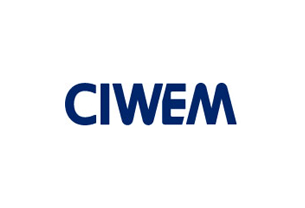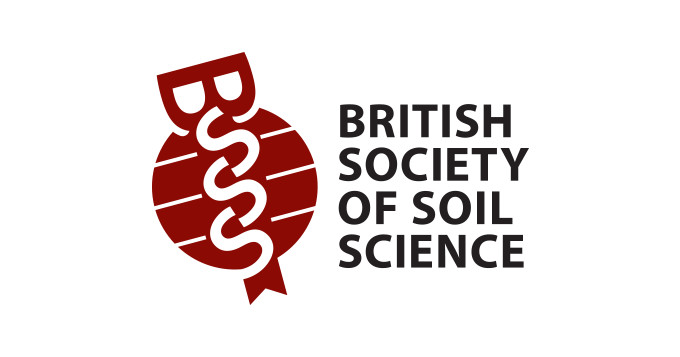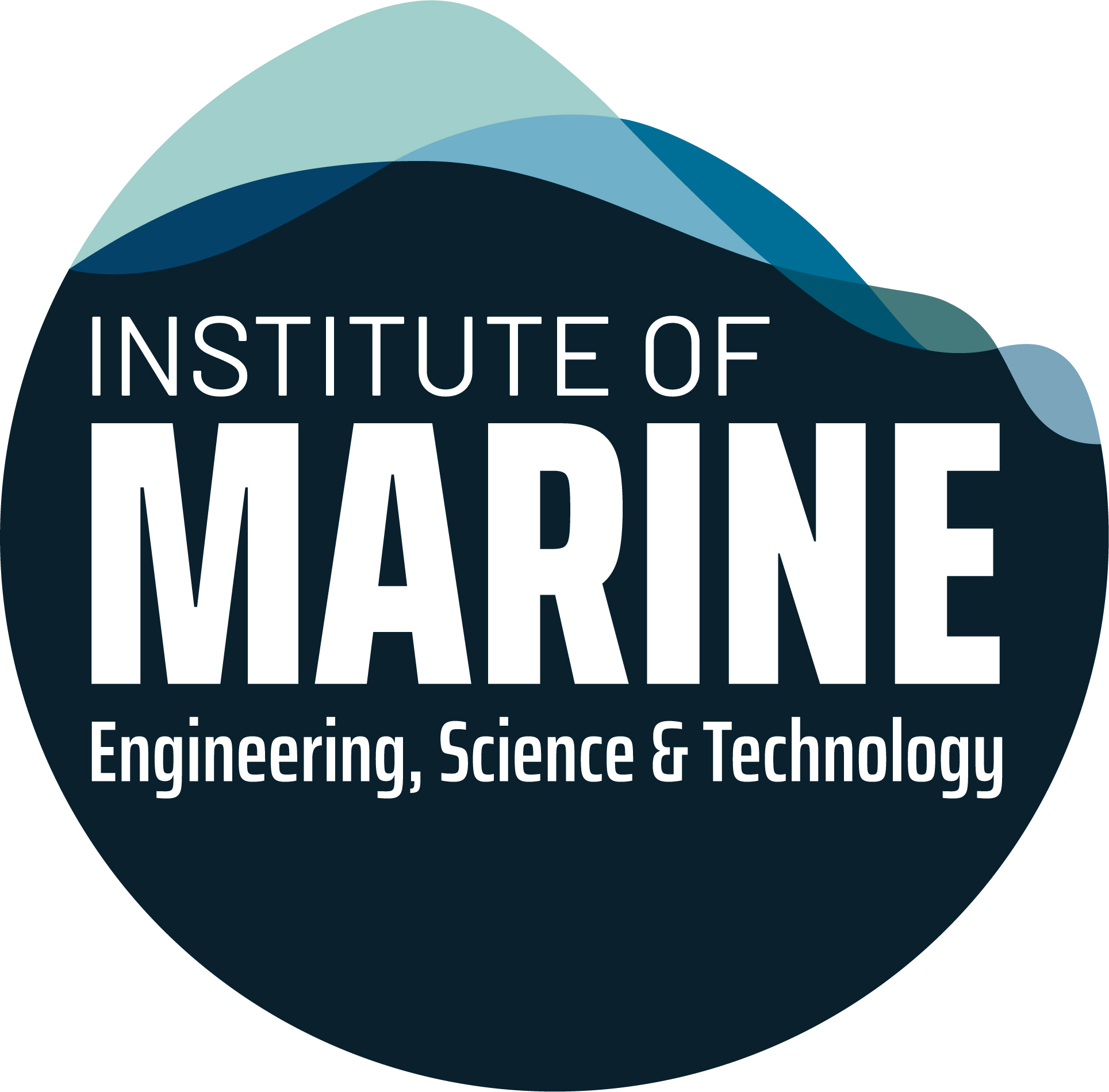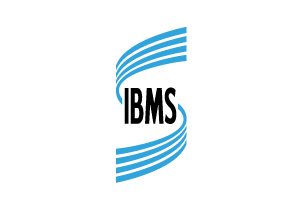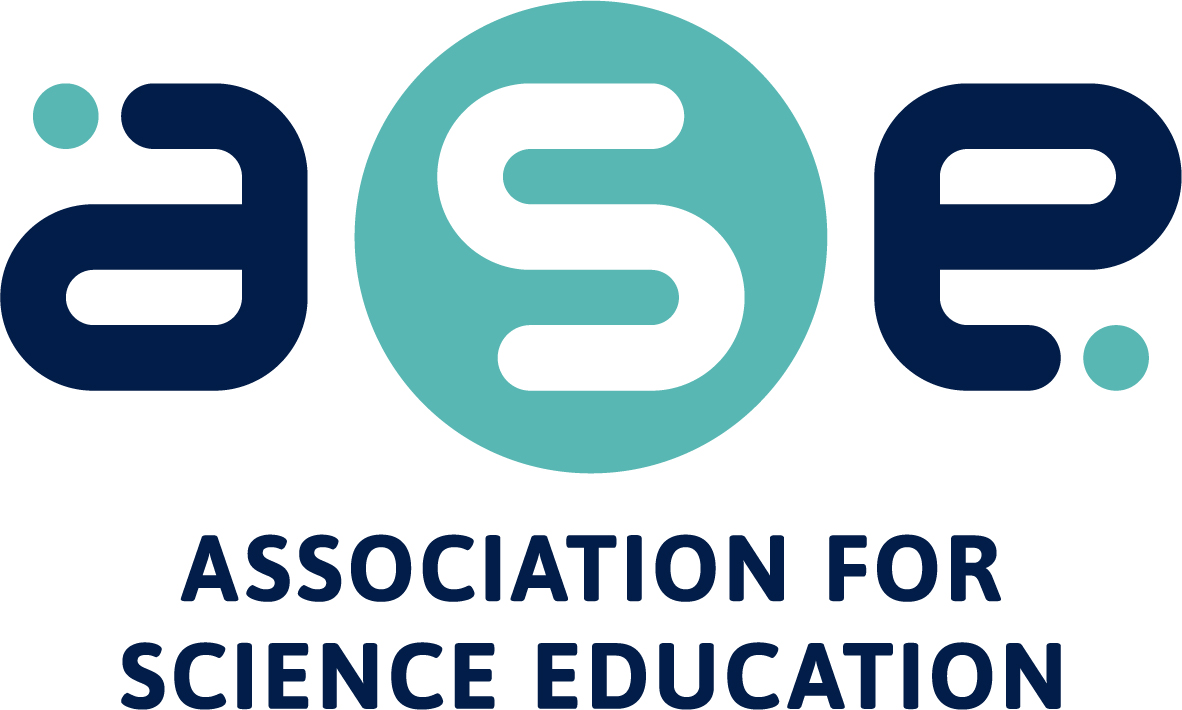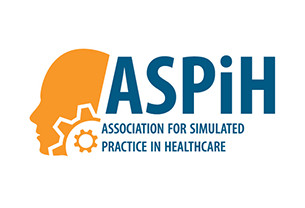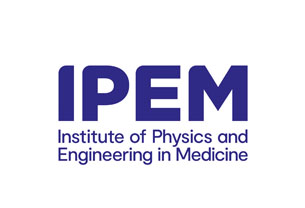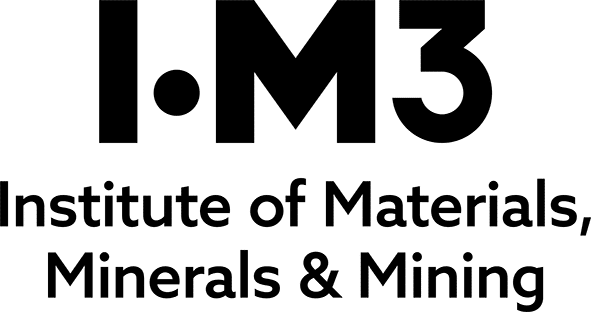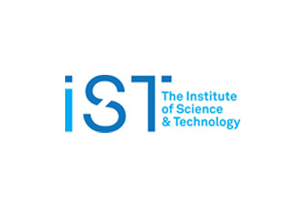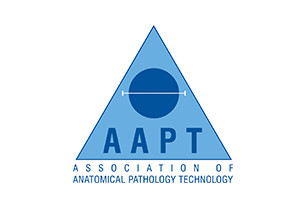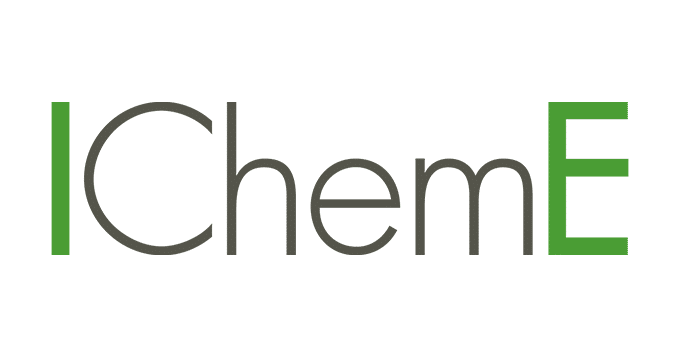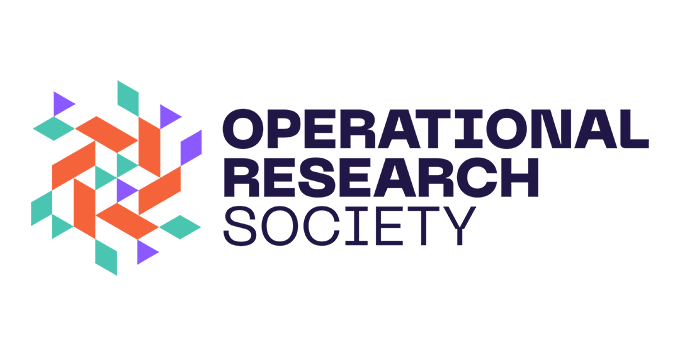There are various Professional Bodies in science, all with something slightly different to offer. However, they all aim to support you in your professional development.
They may offer any or all of the following:
- Training and education in the form of courses, lectures, workshops or online resources
- Information on the scientific discipline in the form of journals and magazines or online resources
- Networking opportunities
- Career advice
- Support for the non-science skills required to develop your career
- Volunteering opportunities
- Library facilities
- Meeting facilities
Depending on the level of membership you achieve you may be able to signify that with postnominals.
To become a registrant, you will need to be or become a member of a licensed Professional Body. You can do that as part of your application.

Help me choose a professional body
In choosing you may want to join a body that focuses on the scientific discipline you were trained in or now work in. Examples are bodies such as:
However there also bodies that focus on those working in an industry sector, for example:
Some bodies focus on the type of employment:
Some on the type of employee:
Some focus on the skill used:
Some Professional Bodies cover more than one aspect.

For further guidance and support please contact the Registration and Licensing Team.
What if I’m still unsure?
If you are not sure which body to choose, pick the one that seems relevant to you. Try it out for a year and then, if you want, change to another. You can keep your registration so long as you choose another licensed body.
